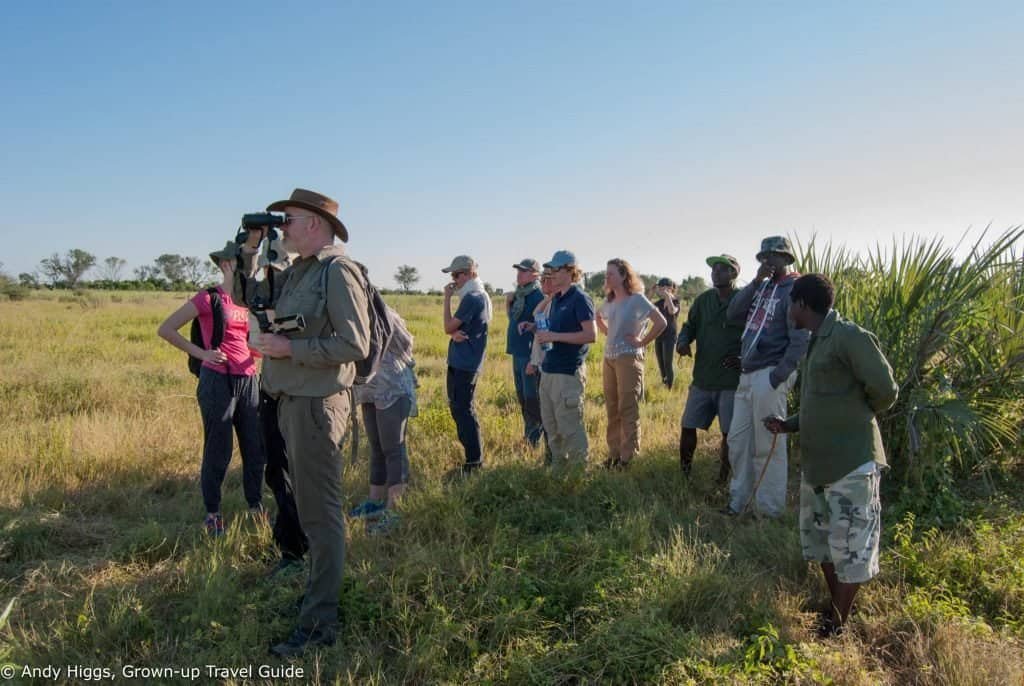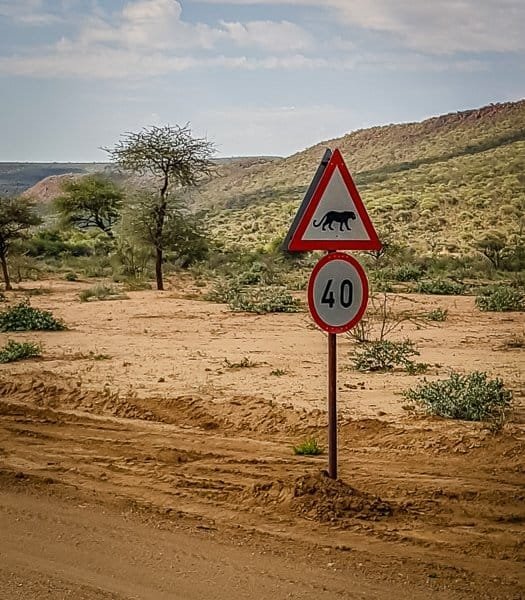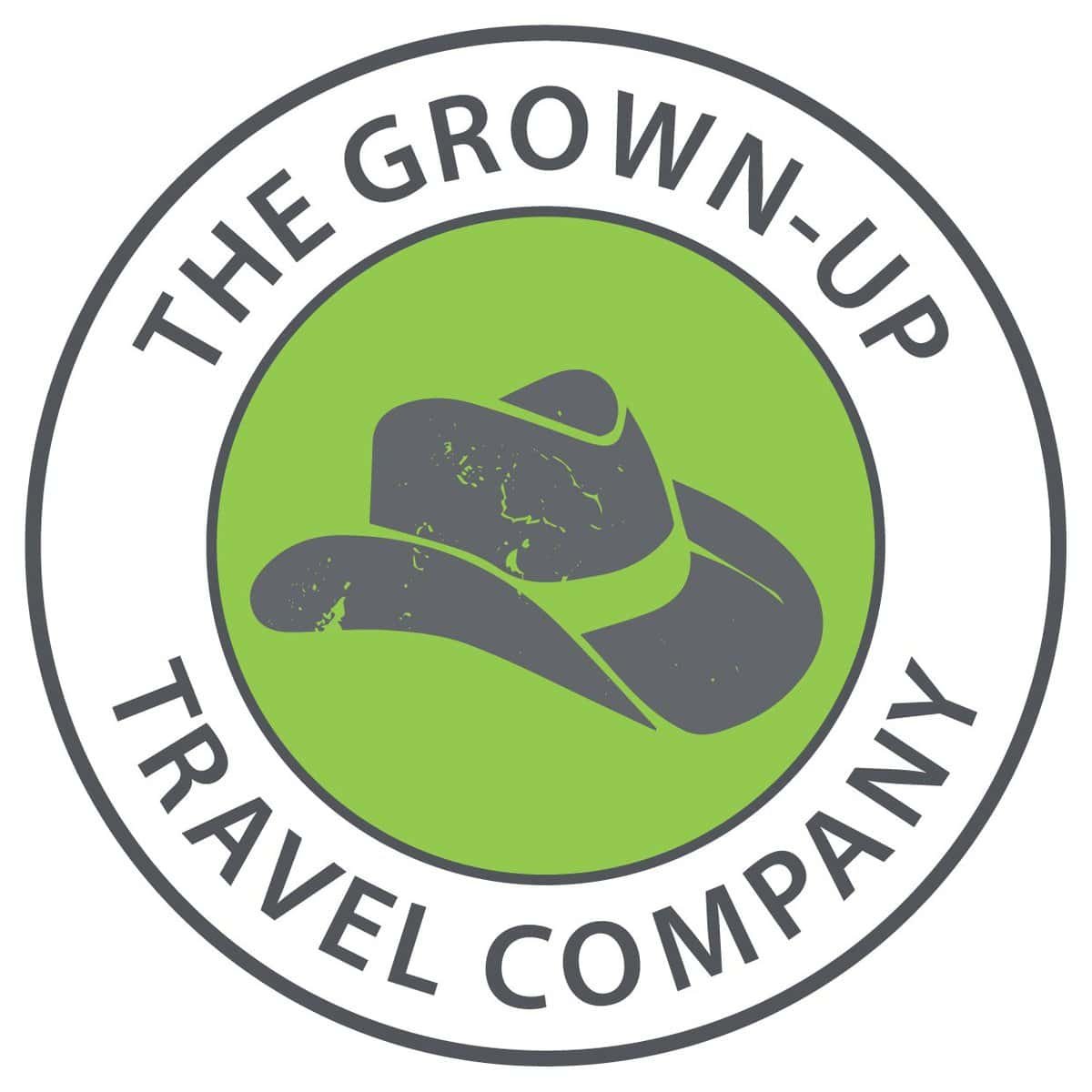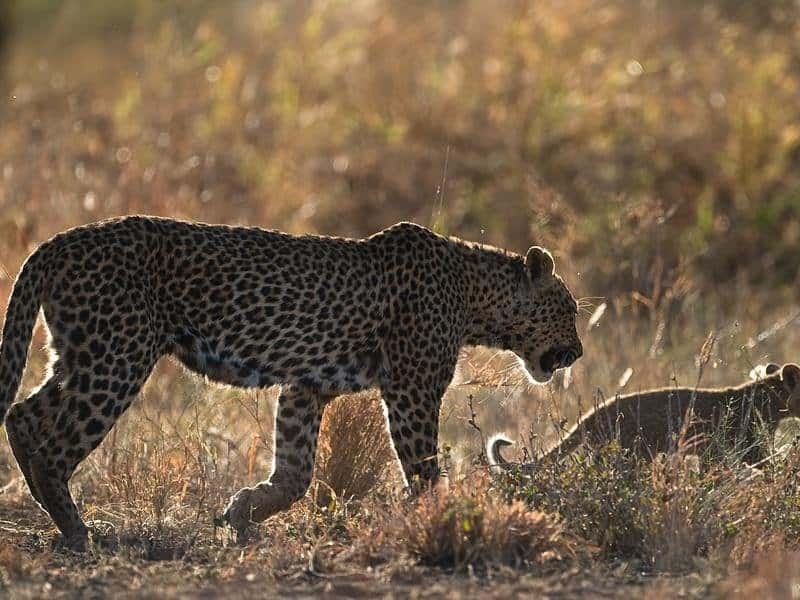
The Ultimate Kruger National Park guide
Table of Contents
Kruger National Park, South Africa – the ultimate guide
Introduction
Kruger National Park, South Africa‘s flagship wildlife destination, is a bucket-list item for travellers from around the world. This vast expanse of wilderness offers incredible wildlife encounters, diverse landscapes, and a plethora of activities to suit all tastes. This ultimate guide will help you plan your trip to this magical corner of Africa and make the most of your experience.
Kruger National Park Overview
Location and Size
Spanning a staggering 19,485 square kilometres, Kruger National Park is one of the largest game reserves in Africa. Located in the northeastern corner of South Africa, the park shares borders with Mozambique and Zimbabwe, offering a vast and varied landscape for wildlife to thrive.
History and Significance
Established in 1898 to protect the region’s wildlife from overhunting, Kruger National Park has grown into a world-renowned conservation area. The park plays a crucial role in preserving the natural habitats of countless species and promoting sustainable tourism in the region.
Wildlife in Kruger National Park
The Big Five

The main draw for many visitors to Kruger National Park is the opportunity to see the famous Big Five – African elephants, lions, leopards, Cape buffalos, and rhinoceroses. These iconic species are a testament to Africa’s incredible biodiversity and are sought-after sightings for safari-goers.
Other Remarkable Species
Mammals
Beyond the Big Five, Kruger National Park is home to an astonishing variety of mammals, including cheetahs, African wild dogs, giraffes, zebras, hippos, and numerous antelope species. With over 147 species of mammals found within the park, every game drive promises an exciting array of wildlife encounters.
Birds
Kruger is a birdwatcher’s paradise, boasting over 500 bird species. From the striking lilac-breasted roller to the majestic African fish eagle, the park’s diverse habitats provide ample opportunities to spot both endemic and migratory birdlife.
Reptiles
The park also supports a diverse population of reptiles, such as the Nile crocodile, various snake species, and a multitude of fascinating lizards and tortoises.
Top Attractions and Activities
Guided Game Drives
Guided game drives are the quintessential Kruger National Park experience. Led by experienced rangers, these drives offer the chance to spot the park’s abundant wildlife up close, while learning fascinating insights about their behaviours and ecosystems.
Walking Safaris

For those seeking a more intimate encounter with nature, walking safaris allow you to explore Kruger’s diverse landscapes on foot, accompanied by a knowledgeable guide. This immersive experience gives you the opportunity to appreciate the smaller details of the park’s flora and fauna, often overlooked on game drives.
Birdwatching
With its extraordinary bird diversity, Kruger National Park is a haven for bird enthusiasts. Guided birdwatching excursions led by expert birders will help you identify and appreciate the unique avian life found within the park.
Cultural Experiences
Kruger National Park is not only about wildlife; the park also offers a range of cultural experiences that provide insight into local communities and their heritage. Visit nearby villages, learn about traditional arts and crafts, and engage with the people who call this extraordinary region home.
Accommodation Options
Luxury Lodges
For travellers seeking the ultimate in comfort and style, Kruger National Park offers a range of luxury lodges. These lodges combine world-class amenities with unparalleled wildlife experiences, providing guests with an unforgettable safari adventure.
Tented Camps
Tented camps provide an authentic, immersive safari experience without compromising on comfort. Guests stay in well-appointed canvas tents, enjoying the sounds of the African bush at night while still benefiting from modern conveniences and amenities.
Rest Camps
Operated by South African National Parks, rest camps provide a more affordable option for visitors to Kruger. Offering various accommodation types, from simple rondavels to family cottages, rest camps provide a comfortable base for exploring the park’s many attractions.
When to Visit Kruger National Park
Weather and Seasons
Kruger National Park experiences a subtropical climate, with hot, wet summers (October to March) and cool, dry winters (April to September). Each season offers unique experiences and opportunities for wildlife viewing.
Best Time for Wildlife Viewing
The dry winter months (April to September) are generally considered the best time for wildlife viewing in Kruger National Park. As water sources become scarce, animals are more likely to congregate around remaining waterholes, making sightings more predictable. Additionally, the sparse vegetation during this period offers better visibility for spotting wildlife.
Practical Information
Getting to Kruger National Park

Kruger National Park is easily accessible by air, with several airports servicing the region, including Kruger Mpumalanga International Airport and Skukuza Airport. Alternatively, you can drive to the park from Johannesburg, which takes approximately 4 to 5 hours.
Health and Safety Considerations
When planning your visit to Kruger National Park, consult your doctor or travel health specialist for advice on vaccinations and malaria prophylactics. Additionally, it’s essential to follow the advice of your guides and adhere to park rules and regulations to ensure a safe and enjoyable experience.
Park Rules and Regulations
To protect both visitors and wildlife, Kruger National Park enforces strict rules and regulations. These include staying within designated areas, not feeding or disturbing wildlife, and adhering to speed limits within the park.
Conservation and Community Involvement
Kruger National Park is committed to conservation efforts and supporting local communities through sustainable tourism initiatives. By choosing responsible travel practices and supporting local businesses, you can help contribute to the ongoing protection of this remarkable ecosystem and its inhabitants.
Conclusion
Kruger National Park is a wildlife lover’s dream destination, offering unrivalled biodiversity, captivating landscapes, and a wealth of experiences for all types of travellers. This guide aims to help you make the most of your visit to this iconic South African destination, ensuring a memorable and enriching journey. By embracing responsible tourism practices and supporting local communities, you can play a part in preserving Kruger National Park’s unique wildlife and ecosystems for future generations.
FAQs
What is Kruger National Park known for?
- Kruger National Park is renowned for its incredible wildlife, including the Big Five, as well as its diverse landscapes, extensive conservation efforts, and exceptional safari experiences.
Do I need a 4×4 vehicle to explore Kruger National Park?
- While a 4×4 vehicle is not necessary for exploring the main roads in Kruger National Park, it can be advantageous for accessing certain off-road areas or during the wet season when some roads may become more challenging to navigate.
Is it possible to self-drive in Kruger National Park?
- Yes, self-driving is allowed in Kruger National Park, and many visitors choose this option to explore the park at their own pace. However, it’s important to follow park rules, stick to designated roads, and be aware of the local wildlife’s behaviour to ensure a safe and enjoyable experience.
What should I pack for a trip to Kruger National Park?
- Key items to pack for a Kruger National Park safari include comfortable clothing in neutral colours, sturdy footwear, sunscreen, insect repellent, binoculars, a camera, a reusable water bottle, and a wide-brimmed hat. Be prepared for temperature fluctuations and pack layers to accommodate cooler mornings and evenings.
Can I visit Kruger National Park as a solo traveller?
- Yes, Kruger National Park is an excellent destination for solo travellers. Many lodges and camps offer shared accommodation or single supplements, and joining guided activities such as game drives or walking safaris is a great way to meet fellow travellers and enjoy the park’s attractions.

